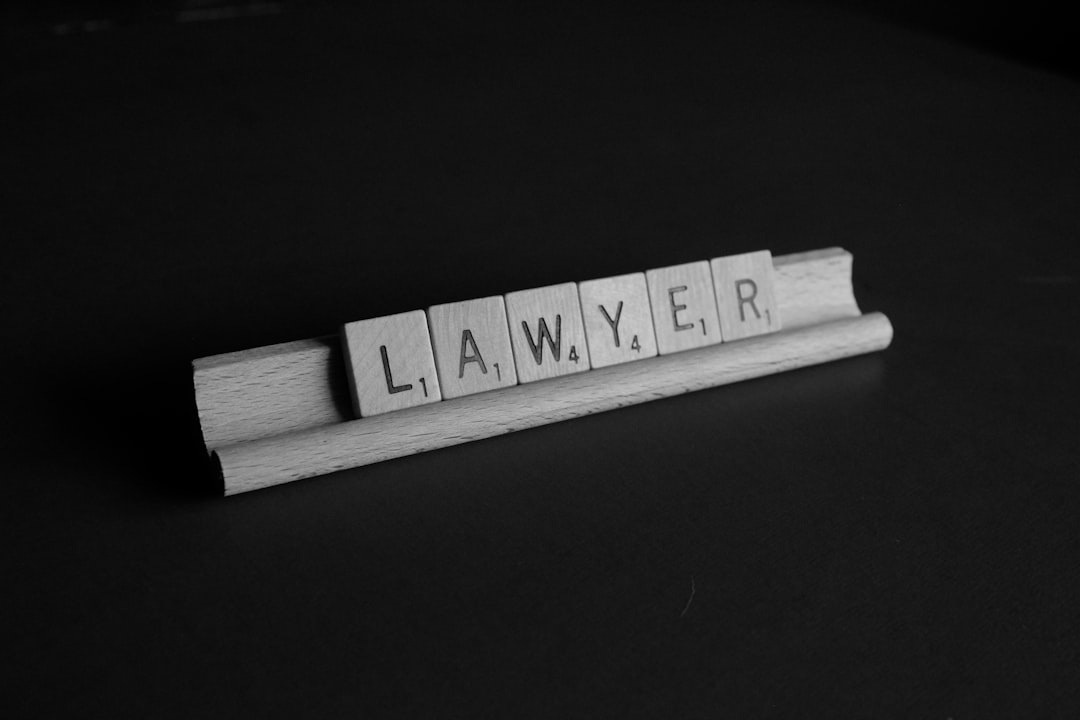New Jersey residents can take legal action against companies making unauthorized robocalls under the Telephone Consumer Protection Act (TCPA). If your privacy was violated by intrusive automated calls, you may sue for damages and consult a consumer protection attorney. Document each robocall and understand your rights to seek compensation and stop unwanted calls through FCC complaints or lawsuits.
“In today’s digital age, understanding the Telephone Consumer Protection Act (TCPA) and its implications for New Jersey residents is crucial. This article aims to demystify the TCPA in relation to New Jersey laws, specifically focusing on robocalls. We’ll explore when and how individuals can take legal recourse against unwanted automated calls, with a special emphasis on New Jersey’s unique regulations. By delving into these topics, we empower folks to protect their privacy and know if they can sue for robocalls in the Garden State.”
The TCPA: A Brief Overview

The Telephone Consumer Protection Act (TCPA) is a federal law designed to protect consumers from unwanted phone calls, specifically automated or prerecorded messages, also known as robocalls. This legislation has become increasingly relevant, especially with the surge in telemarketing and sales calls. If you’ve received nuisance calls in New Jersey, understanding your rights under the TCPA is essential.
The TCPA allows consumers to take legal action against companies or individuals who make these intrusive calls. It grants permission to file a private lawsuit for each violation, which can result in substantial monetary damages. This powerful legislation gives residents of New Jersey, and across the US, the ability to sue for robocalls and protect their privacy. By knowing your rights, you can take action if you’ve been affected by unwanted calls, ensuring that businesses adhere to responsible marketing practices.
Robocalls and New Jersey Laws

In New Jersey, robocalls are regulated by state laws designed to protect residents from unsolicited and disturbing phone calls. The state’s regulations mirror federal guidelines set forth by the Telephone Consumer Protection Act (TCPA), but with additional protections for consumers. If you receive a robocall in New Jersey, it’s important to understand your rights.
One key aspect is the ability to sue for damages if you believe the call was unauthorized or violated your privacy. The TCPA allows individuals to seek compensation for unwanted robocalls, and New Jersey laws offer further recourse. If you’re considering legal action regarding robocalls, it’s advisable to consult with an attorney who specializes in consumer protection laws to explore your options and determine if you can take legal action, including suing for damages, under New Jersey’s specific regulations.
When Can You Sue for Robocalls?

In New Jersey, understanding when you can sue for robocalls is crucial under the Telephone Consumer Protection Act (TCPA). The TCPA restricts automated telephone marketing and provides legal recourse for recipients who experience unwanted calls. You can take legal action if you’ve received a robocall in New Jersey and can prove that: 1. The call was placed using an automatic dialing system or prerecorded message without your prior consent; 2. The caller violated your rights under the TCPA; and 3. You suffered real harm, such as stress, anxiety, or loss of sleep, due to the robocall.
If these conditions are met, you may have grounds to sue for damages, including monetary compensation for each violation. It’s important to document any robocalls you receive, including dates, times, and caller information, as these details can strengthen your case if you decide to pursue legal action in New Jersey courts. Remember that the TCPA offers significant protections against unwanted robocalls, so don’t hesitate to consult a legal professional for guidance on your specific situation.
Navigating Legal Recourse in NJ

In New Jersey, navigating legal recourse for unwanted robocalls is a right guaranteed by law. If you’ve been receiving persistent automated phone calls in violation of the Telephone Consumer Protection Act (TCPA), you may have grounds to take action. The TCPA strictly regulates telemarketing practices and provides consumers with several options when dealing with nuisance calls, including filing a complaint with the Federal Communications Commission (FCC) or initiating a lawsuit.
When considering whether to sue for robocalls in New Jersey, understanding your rights is crucial. If you can demonstrate that the calls were made without your prior consent, you may be eligible for damages. These damages can include not only monetary compensation but also injunctive relief to stop future unwanted calls. It’s advisable to gather evidence such as call logs and recordings to strengthen your case and determine if a legal action against the violator is warranted.






